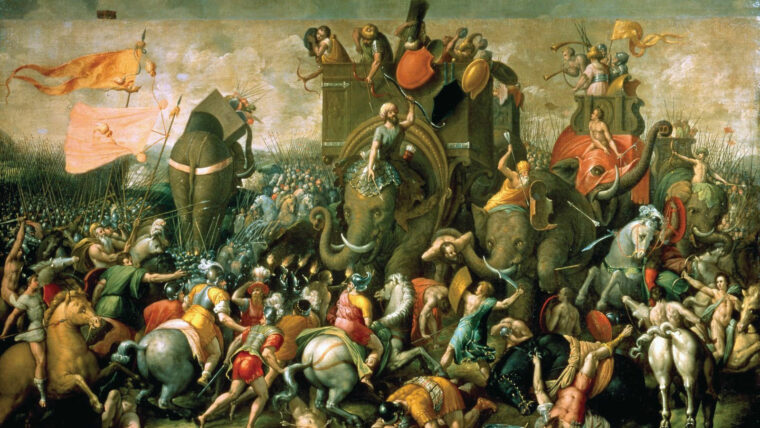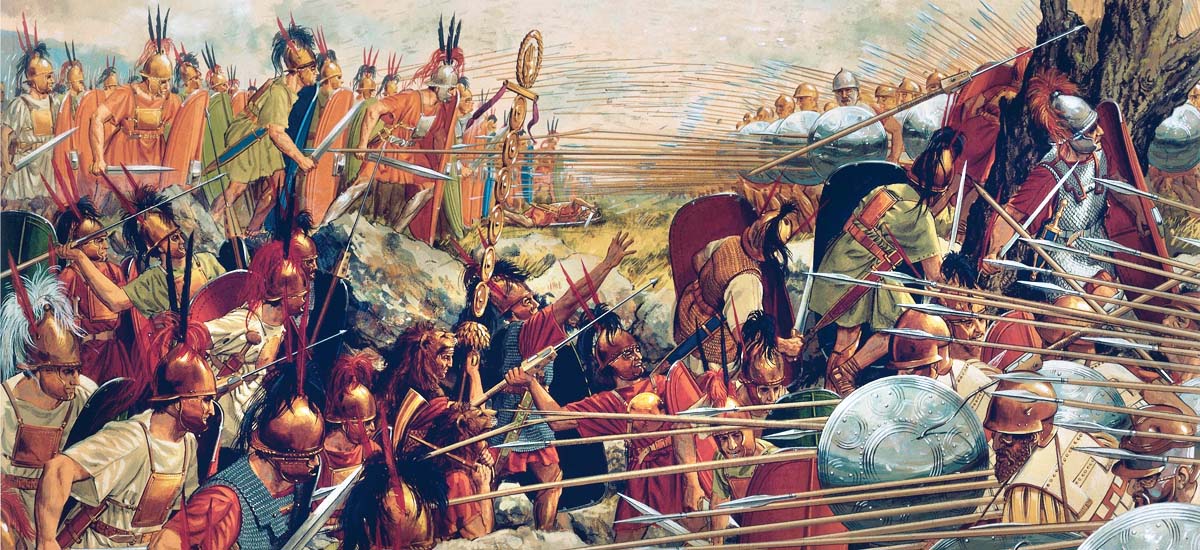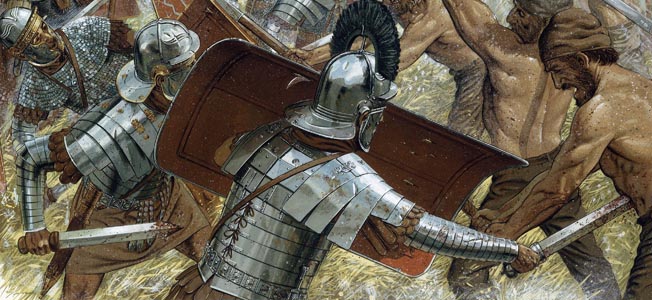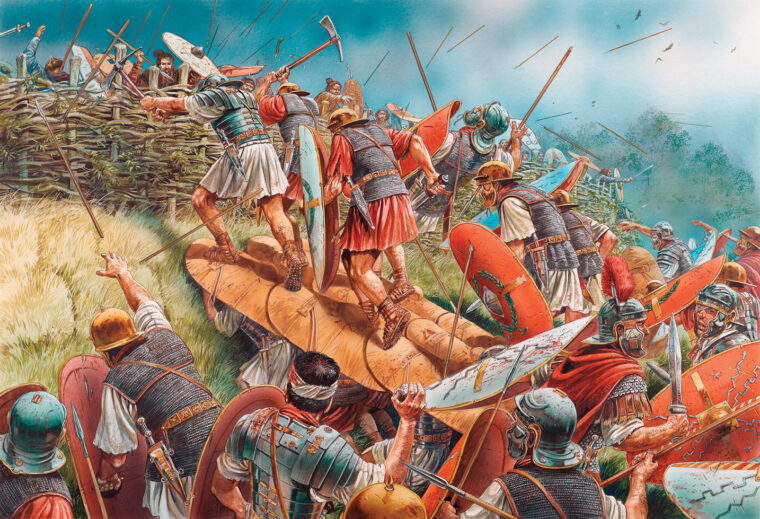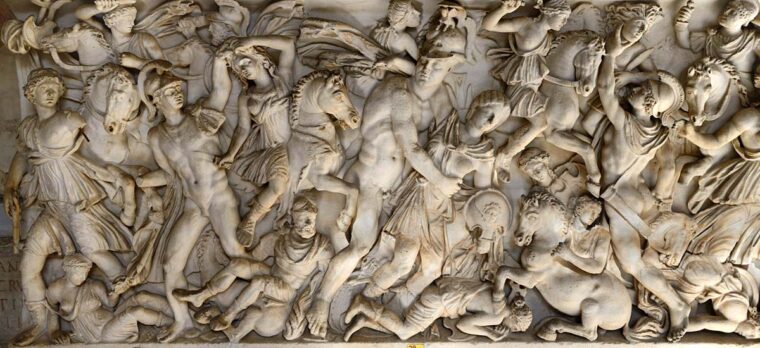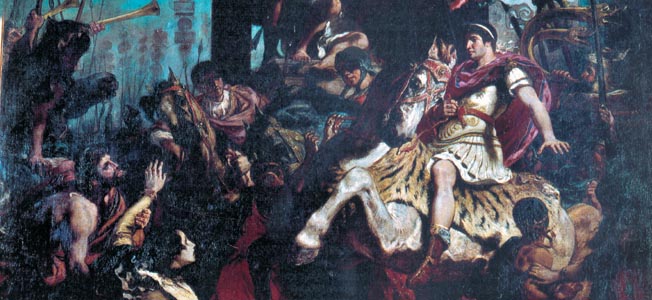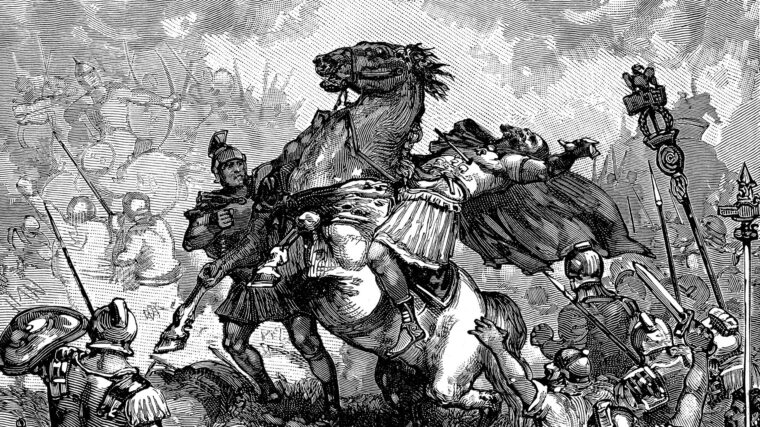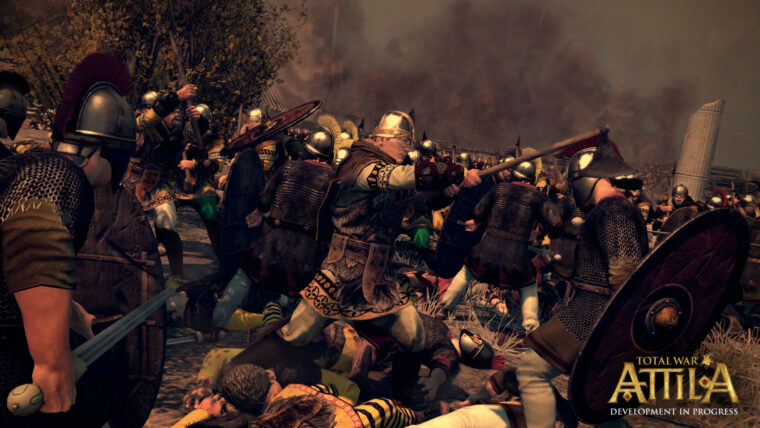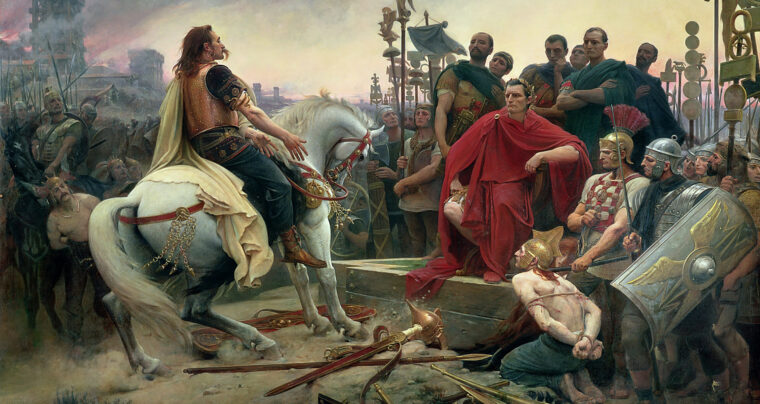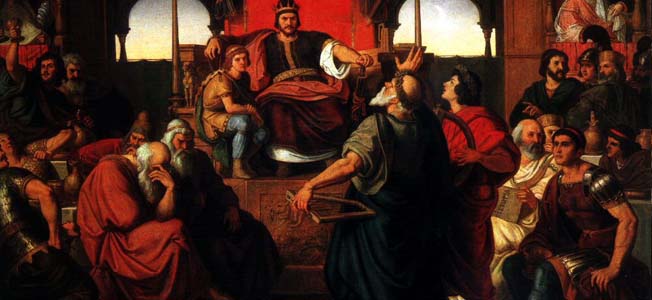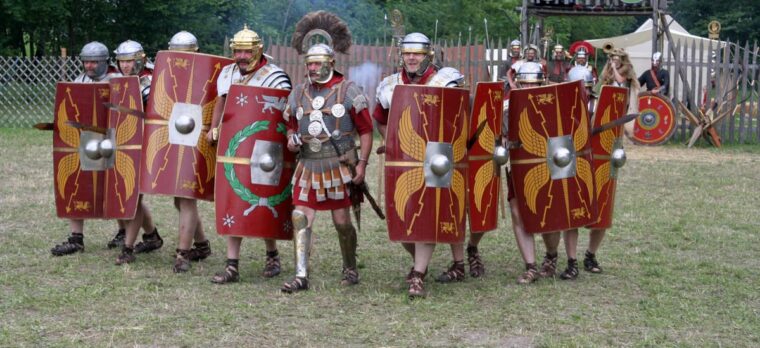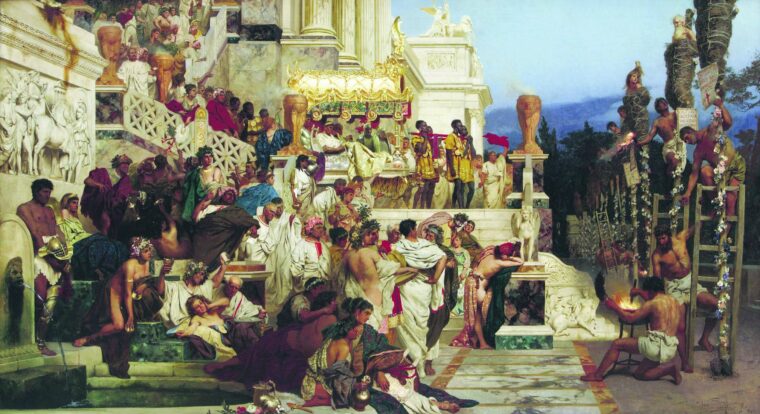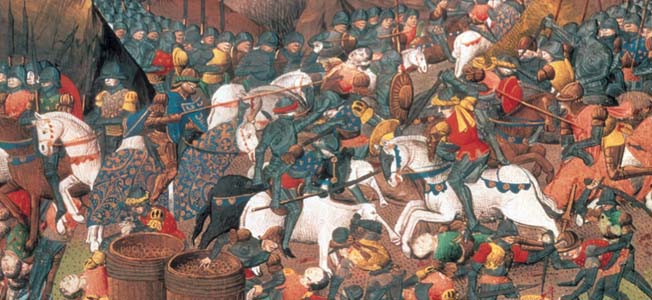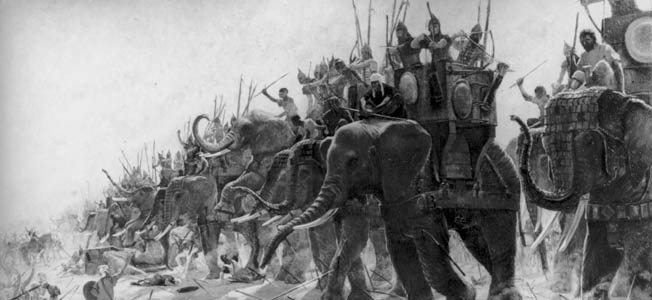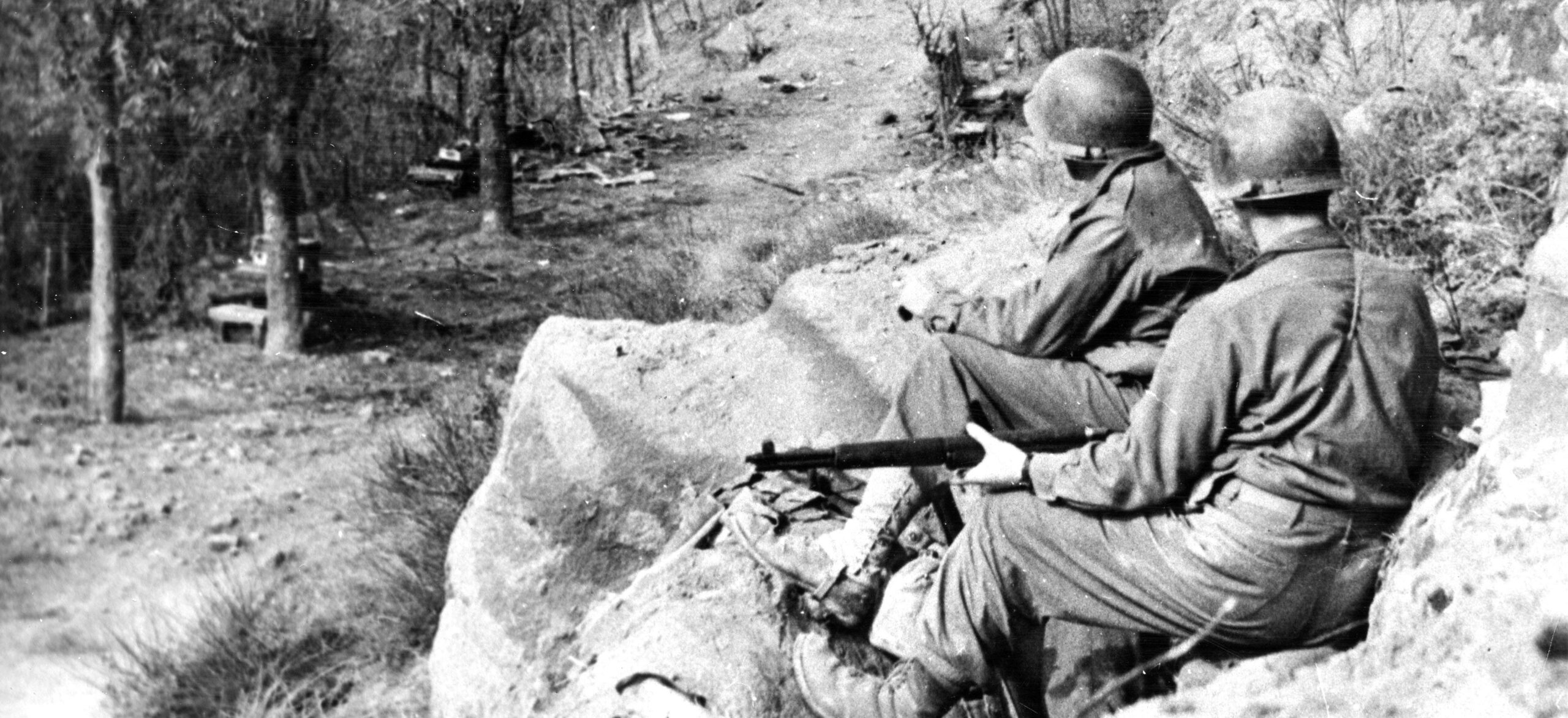Ancient Rome
The Roman Empire, which at times included much of the known world, came into being following the five centuries of the Republican period in the history of Rome. The Roman Empire was founded in 27 B.C. and existed as a unified entity until approximately A.D. 480. During this period, the Roman Empire extended from the Middle East to the British Isles. The Roman Empire is remembered for its influence of language, law, military operations, and culture. The Roman Empire was ruled by a succession of emperors, and a 200-year period of peace that began with the reign of Caesar Augustus is known today as the “Pax Romana.”
